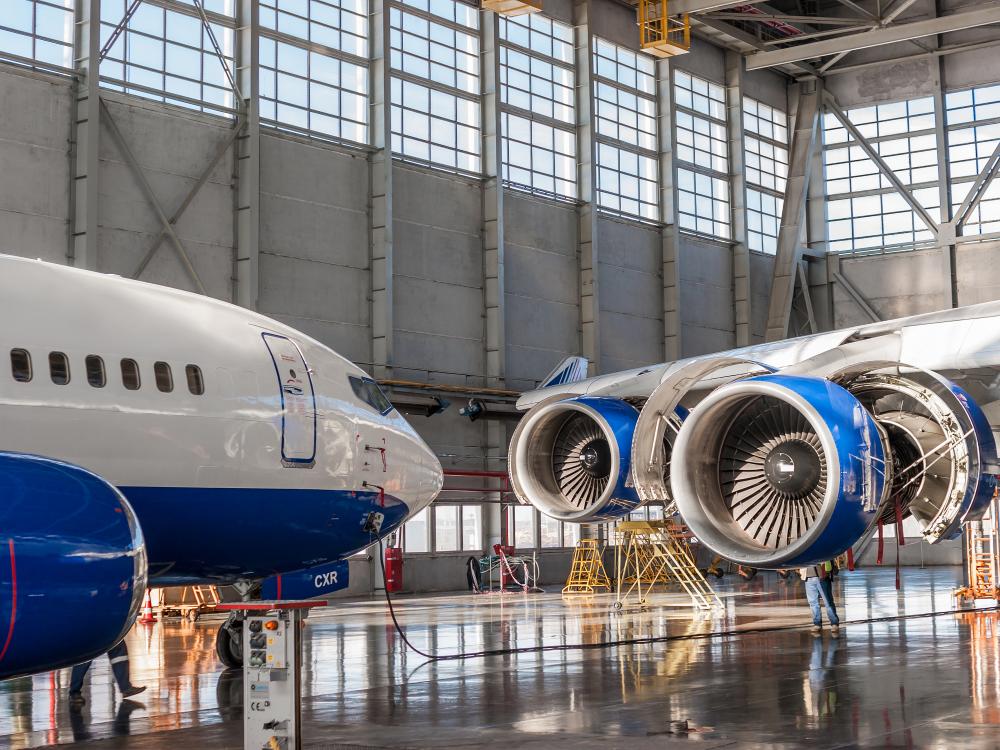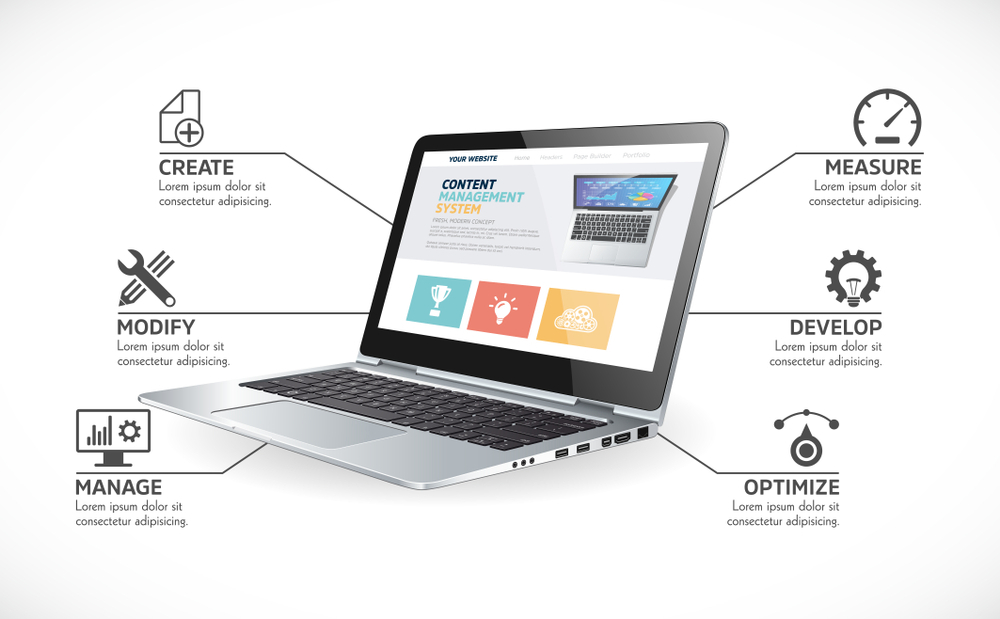Introduction
In the fast-evolving world of aerospace, where precision, accuracy, and efficiency are paramount, the implementation of an Aerospace Enterprise Resource Planning (ERP) system has become crucial. This comprehensive article delves into the myriad benefits that an aerospace ERP system brings to the table. From optimizing operations to ensuring seamless communication, this powerful tool transforms aerospace companies into streamlined powerhouses of productivity.
Table of Contents
- Introduction
- Advantages of Aerospace ERP System
- 1. Real-time Visibility and Data Insights
- 2. Seamless Integration and Communication
- 3. Enhanced Resource Management
- 4. Regulatory Compliance Made Easy
- 5. Accelerated Decision-Making
- 6. Efficient Inventory Management
- 7. Streamlined Supply Chain
- 8. Cost Control and Financial Visibility
- 9. Improved Customer Relationship Management
- 10. Data Security and Compliance
- 11. Scalability for Growth
- 12. Enhanced Traceability
- 13. Predictive Maintenance
- 14. Mobile Access and Remote Operations
- 15. Streamlined Regulatory Reporting
- 16. Continuous Improvement Initiatives
- 17. Improved Supplier Collaboration
- 18. Sustainable Practices
- 19. Minimized Manual Errors
- 20. Enhanced Product Lifecycle Management
- 21. Optimized Production Scheduling
- 22. Regulatory Change Adaptation
- 23. Improved Employee Collaboration
- 24. Business Intelligence for Strategic Planning
- 25. Holistic Overview for Management
- Conclusion
- FAQs
- Q: How does an Aerospace ERP system improve resource management?
- Q: Can an aerospace ERP system adapt to changing regulations?
- Q: What role does predictive maintenance play in aerospace ERP systems?
- Q: How do ERP systems enhance customer relationship management in aerospace?
- Q: How does an ERP system contribute to sustainable practices in aerospace?
- Q: What are the advantages of mobile access and remote operations offered by aerospace ERP systems?
Advantages of Aerospace ERP System
An aerospace ERP software offers a plethora of advantages that not only enhance operational efficiency but also empower businesses to stay competitive in the dynamic aerospace industry. Let’s explore these advantages in detail:
1. Real-time Visibility and Data Insights
The aerospace industry thrives on data-driven decision-making. With an ERP system, companies gain real-time visibility into various aspects of their operations. This allows for informed decisions backed by accurate insights, enabling proactive problem-solving and strategic planning.
2. Seamless Integration and Communication
Aerospace operations involve multiple departments and processes working in tandem. An ERP system seamlessly integrates various functions like manufacturing, supply chain, finance, and more. This integration fosters efficient communication, minimizing delays, reducing errors, and enhancing collaboration.
3. Enhanced Resource Management
Resource optimization is paramount in aerospace manufacturing. Aerospace ERP systems efficiently manage resources like materials, labor, and equipment. This results in reduced waste, increased productivity, and cost savings.
4. Regulatory Compliance Made Easy
Aerospace is a highly regulated industry with stringent standards to uphold. ERP systems are equipped with tools that ensure compliance with industry regulations and quality standards. This prevents costly compliance issues and maintains the reputation of the company.
5. Accelerated Decision-Making
In the aerospace industry, quick decisions are vital. Aerospace ERP systems provide real-time data access, allowing management to make informed decisions promptly. This agility is crucial for adapting to market shifts and operational changes.
6. Efficient Inventory Management
Aerospace components and parts have long life-cycles, often spanning years. ERP systems provide precise inventory management, ensuring that the right parts are available when needed, minimizing downtime, and preventing production delays.
7. Streamlined Supply Chain
An efficient supply chain is pivotal in aerospace. ERP systems optimize the supply chain by automating processes, reducing lead times, and ensuring timely procurement of materials. This results in smoother operations and satisfied customers.
8. Cost Control and Financial Visibility
Maintaining financial health is essential for aerospace companies. Aerospace ERP systems offer robust financial modules that monitor expenses, track costs, and provide comprehensive financial visibility. This assists in identifying areas for cost reduction and enhancing profitability.
9. Improved Customer Relationship Management
Aerospace ERP systems include customer relationship management (CRM) functionalities, enabling companies to better understand customer needs, preferences, and concerns. This leads to improved customer satisfaction and loyalty.
10. Data Security and Compliance
Aerospace companies handle sensitive data, including intellectual property and proprietary information. ERP systems incorporate robust security measures to safeguard data, ensuring compliance with data protection regulations.
11. Scalability for Growth
As aerospace companies expand, their operations become more complex. ERP systems offer scalability, accommodating increased workloads, and additional users, and expanding business operations without major disruptions.
12. Enhanced Traceability
Traceability is vital in aerospace for quality control and recalls. ERP systems provide end-to-end traceability, enabling companies to track each component’s origin, manufacturing process, and usage.

13. Predictive Maintenance
Maintaining aerospace equipment is crucial to prevent failures. Aerospace ERP systems utilize data analytics to predict equipment maintenance needs, reducing downtime and increasing equipment lifespan.
14. Mobile Access and Remote Operations
Aerospace ERP systems often offer mobile applications, allowing authorized personnel to access critical data and perform tasks remotely. This enhances operational flexibility and efficiency, even outside the office premises.
15. Streamlined Regulatory Reporting
Aerospace companies must adhere to regulatory reporting requirements. ERP systems automate the generation of reports, reducing manual effort, minimizing errors, and ensuring accurate and timely submissions.
16. Continuous Improvement Initiatives
Aerospace ERP systems support continuous improvement initiatives by providing insights into operational bottlenecks and inefficiencies. This data-driven approach enables companies to implement targeted improvements for better overall performance.
17. Improved Supplier Collaboration
Aerospace ERP systems facilitate collaboration with suppliers. From order placement to delivery coordination, the system enhances communication, ensuring timely deliveries and high-quality components.
18. Sustainable Practices
As sustainability gains prominence, aerospace companies are focusing on Eco-friendly practices. ERP systems help monitor resource consumption, waste generation, and energy usage, enabling companies to adopt greener strategies.
19. Minimized Manual Errors
Human errors can have severe consequences in aerospace manufacturing. Aerospace ERP systems reduce manual errors by automating processes, ensuring accurate data entry, and enforcing standardized procedures.
20. Enhanced Product Lifecycle Management
Managing the lifecycle of aerospace products is intricate. ERP systems provide tools to monitor product development, testing, certification, and post-production support, ensuring products meet industry standards.
21. Optimized Production Scheduling
Efficient production scheduling is vital in aerospace. ERP systems optimize production schedules based on demand, resource availability, and lead times, ensuring efficient resource allocation.
22. Regulatory Change Adaptation
Aerospace regulations are subject to change. ERP systems help companies adapt to regulatory changes by incorporating updates into the system and ensuring ongoing compliance.
23. Improved Employee Collaboration
Smooth collaboration among employees is essential for aerospace success. ERP systems foster communication, enabling cross-functional teams to collaborate seamlessly, driving innovation and problem-solving.
24. Business Intelligence for Strategic Planning
Aerospace ERP systems provide valuable insights through data analytics and business intelligence tools. These insights guide strategic planning, enabling companies to make informed decisions for future growth.
25. Holistic Overview for Management
Aerospace ERP systems offer management a holistic view of operations, finances, and resources. This comprehensive overview empowers leaders to identify strengths, weaknesses, and opportunities, facilitating effective decision-making.
Conclusion
In the ever-evolving aerospace industry, where precision, efficiency, and compliance are non-negotiable, the advantages of an aerospace ERP system are truly transformative. From streamlining operations to enabling data-driven decision-making, these systems empower aerospace companies to thrive in a highly competitive environment. By enhancing resource utilization, optimizing supply chains, and fostering collaboration, aerospace ERP systems pave the way for greater efficiency and sustainable growth. So, embrace the power of technology and elevate your aerospace operations with the manifold benefits of an aerospace ERP system.
FAQs
Q: How does an Aerospace ERP system improve resource management?
A: Aerospace ERP systems optimize resource allocation, leading to reduced waste, increased productivity, and cost savings by efficiently managing materials, labor, and equipment.
Q: Can an aerospace ERP system adapt to changing regulations?
A: Yes, ERP systems can incorporate updates to adapt to regulatory changes, ensuring ongoing compliance with evolving aerospace industry standards.
Q: What role does predictive maintenance play in aerospace ERP systems?
A: Predictive maintenance in ERP systems uses data analytics to forecast equipment maintenance needs, reducing downtime and extending equipment lifespan.
Q: How do ERP systems enhance customer relationship management in aerospace?
A: Aerospace ERP systems include CRM functionalities, enabling companies to better understand customer needs, preferences, and concerns, leading to improved customer satisfaction.
Q: How does an ERP system contribute to sustainable practices in aerospace?
A: ERP systems monitor resource consumption, waste generation, and energy usage to help aerospace companies adopt more sustainable practices. By tracking and analyzing these aspects, businesses can identify areas where they can reduce their environmental impact and implement Eco-friendly strategies.
Q: What are the advantages of mobile access and remote operations offered by aerospace ERP systems?
A: Aerospace ERP systems provide mobile applications that allow authorized personnel to access critical data and perform tasks remotely. This flexibility enhances operational efficiency, enabling employees to stay productive even when they are not physically present at the office.





